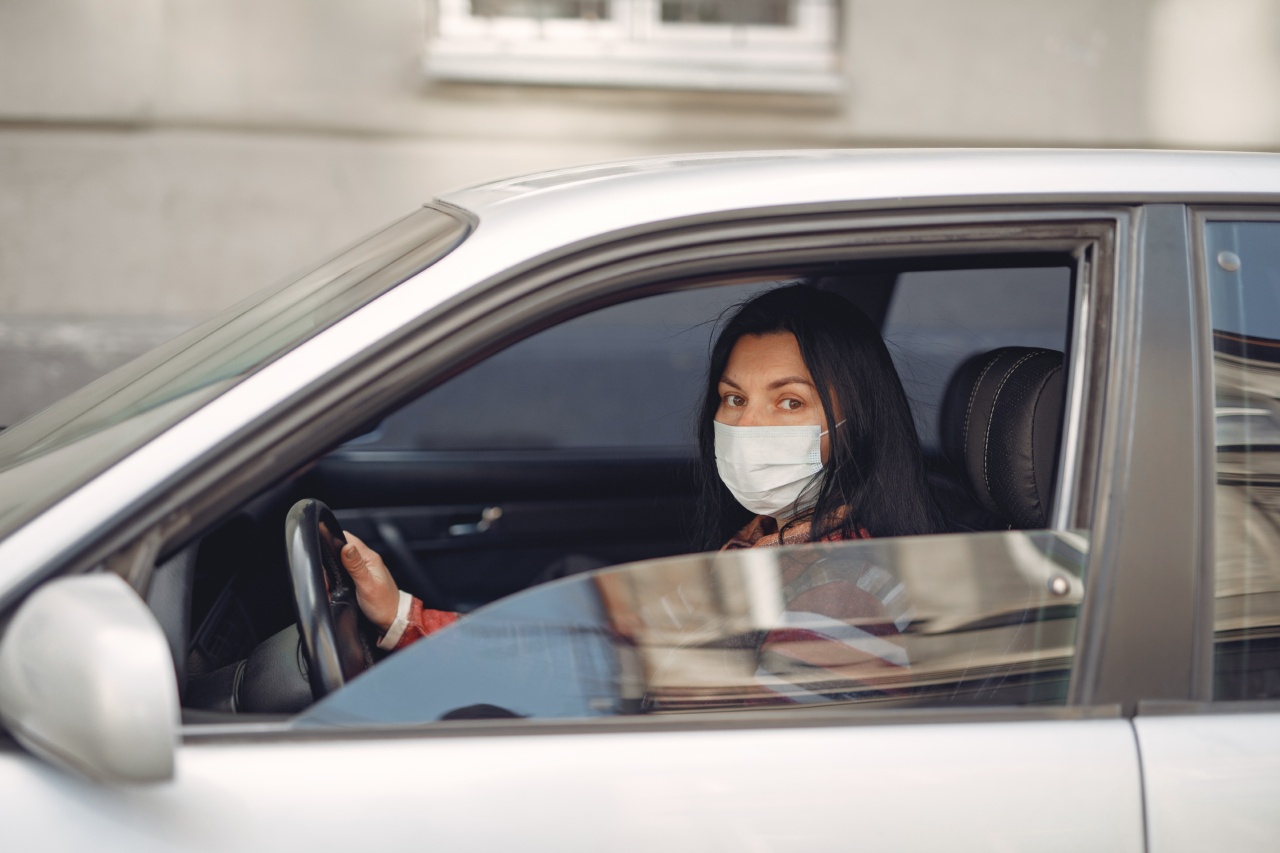Going on a family road trip can be an exciting adventure for children. However, the confined space of a car and the constant motion can often lead to motion sickness and other illnesses in kids.
To ensure a comfortable and enjoyable journey, it’s important to take preventive measures. Here are some essential tips for preventing illness in children during car trips:.
1. Plan Frequent Stops
When traveling long distances, it’s essential to plan for regular breaks. Frequent stops allow children to stretch their legs, get some fresh air, and avoid feeling nauseous.
Find rest areas or parks along your route where kids can run, play, and burn off excess energy.
2. Provide Light and Airy Snacks
Heavy or greasy meals can aggravate motion sickness. Instead, opt for light, easy-to-digest snacks like crackers, pretzels, or fruit slices. Avoid spicy or strongly flavored foods, as they can trigger nausea.
It’s also important to keep children hydrated by providing plenty of water throughout the journey.
3. Keep the Car Well Ventilated
Poor ventilation can worsen motion sickness symptoms. Ensure that the car is well ventilated by opening windows slightly or using air conditioning. Fresh air can prevent children from feeling stuffy or queasy during the trip.
4. Choose the Right Seating Arrangement
The seating arrangement in the car can make a significant difference in preventing motion sickness. Place children in a seat where they can see the road ahead.
This helps their bodies and brains better anticipate motion and reduces the chances of feeling sick.
5. Avoid Reading or Screen Time
Reading or engaging in screen time activities like watching movies or playing video games can worsen motion sickness symptoms. Encourage children to look out the window and focus on distant objects.
This helps their brains adjust to the motion and reduces the feeling of sickness.
6. Use Acupressure or Motion Sickness Bands
Acupressure wristbands are designed to apply pressure on specific points on the wrist that can alleviate motion sickness. These bands are readily available in pharmacies and can be an effective preventive measure.
Consult with a healthcare professional to determine if this option is suitable for your child.
7. Consider Over-the-Counter Medications
If your child is prone to motion sickness, consult with a pediatrician about using over-the-counter medications specifically designed for preventing motion sickness.
These medications are available in various forms, including chewable tablets and patches. It’s important to read and follow the instructions carefully.
8. Engage in Calming Activities
Encourage children to engage in calming activities during the car trip. Listening to soft music, playing calming audio books, or engaging in quiet games like “I Spy” can distract their minds and reduce the chances of feeling sick.
9. Maintain a Comfortable Temperature
A comfortable temperature can help prevent discomfort and queasiness. Ensure that the car is neither too hot nor too cold. Dress children in layers so they can adjust their clothing according to their comfort level.
10. Be Prepared for Accidents
Despite taking all preventive measures, accidents can still happen. Have a vomit bag, wet wipes, and a change of clothes readily accessible in case of sudden illness. Being prepared will help minimize stress and ensure a smoother journey.































